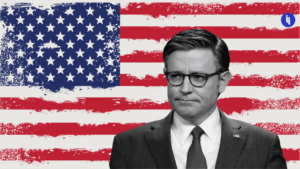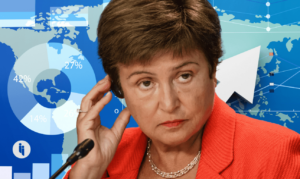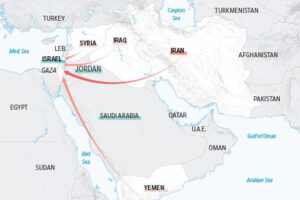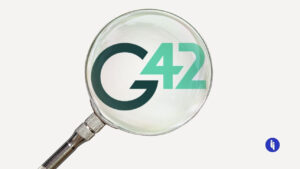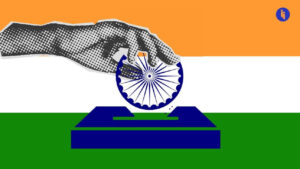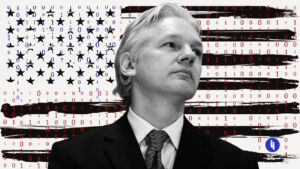Briefly: The 49th Group of 7 (G7) Summit wrapped up in Hiroshima yesterday (Sunday), with Japanese Prime Minister Fumio Kishida hosting the leaders of the US, Canada, Britain, France, Germany, Italy and the EU.
Japan also invited a few guests, including the leaders of Australia, Brazil, South Korea, Vietnam, India, Indonesia, Comoros and Cook Islands (the latter four as respective chairs of the G20, ASEAN, African Union and Pacific Islands Forum).
Plus… the UN chief and several other international honchos were there. And Ukrainian President Volodymyr Zelensky made a surprise appearance. So you can see it’s not so much a G7 as a Gee-we-lost-count.
International summits can be denser than Dune. So here are some highlights:
- 🇨🇳 China: The G7 leaders pledged to foster constructive ties with Beijing while “de-risking” their economies from China’s “malign practices”
- ✈️ Ukraine: The US endorsed international efforts to get F-16 fighter jets to Ukraine, quite the U-turn from Washington’s previous stance
- 💻 AI: The leaders called for “guardrails” on AI development, marking the first time the G7 has addressed the emerging tech head-on
- 💣 Nuclear: The G7 adopted Japan’s vision of a nuke-free world, though without stepping on the toes of the G7’s three nuclear-armed states
Intrigue’s take: In a formal sense, this year’s G7 Summit was pretty unexceptional, with leaders mostly doubling down on last year’s pledges. And that’s to be expected for the G7. It’s still trying to figure out what it wants to be.
For us, the number (and mix) of guests this year, plus the breadth and centrality of topics, suggests the G7 is seeking to move beyond its days as a rich Western club. It’s seeking to be more of a guardian of the international system. And that’s an increasingly tough gig.
Also worth noting:
- The summit attracted hundreds of anti-G7 protesters, including two Pikachus (yes) calling for a fossil fuel-free Japan.
- According to one China analyst (Moritz Rudolf), the G7’s language on China was “tough but not as tough as expected”.
- The UN chief used his G7 invite to remind the bloc that it’s “central to climate action”. The Pacific Islands Forum rep took the opportunity to highlight his region’s vulnerability to climate change and nuclear waste.
